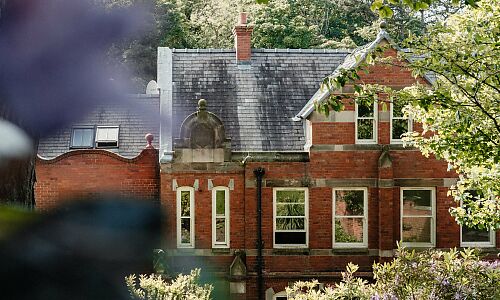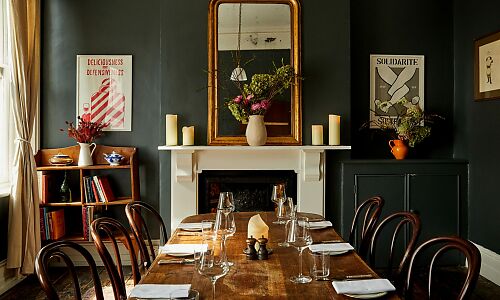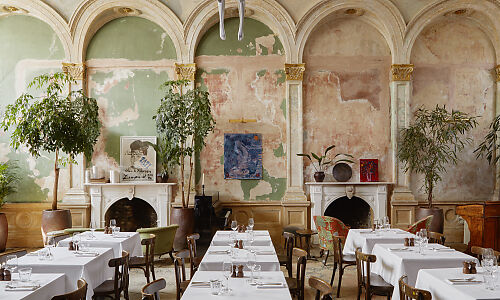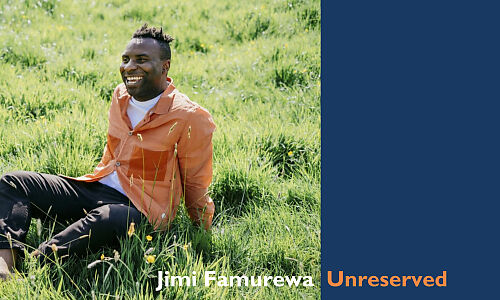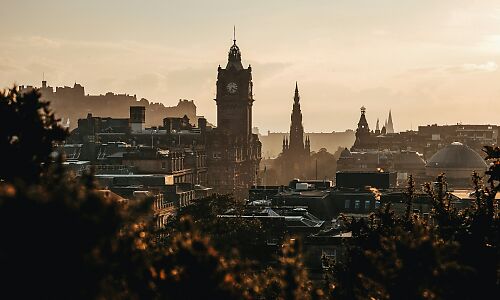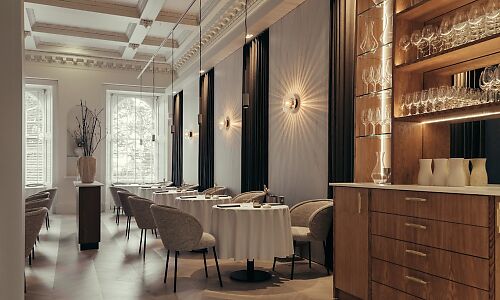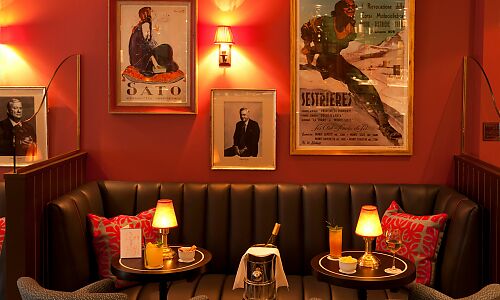Alex Dilling at Hotel Café Royal
London, Soho - French - Restaurant - ££££
The transformation of the Café Royal, where once the likes of Oscar Wilde, Virginia Woolf and Max Beerbohm lived it up, into a five-star contemporary hotel feels like a logical enough step. Its protected architectural features are intact, and in a muted dining room with grey upholstery and a mirrored ceiling, it boasts the culinary magic of Alex Dilling. Having previously taken the Greenhouse in Mayfair into orbit, Dilling brings a style of technically dazzling, modern French food to an address that was offering an ancestral cousin of the same idiom when it opened in 1865. These days, every dish on a tasting menu is expected to astonish, and too many perhaps don't, but here the touch is assured, and the intricacy and precision on offer is never short of thrilling. A composition of oyster tartare and cream is lushly blanketed under a layer of aged caviar, a sure-fire arrangement of luxuries, although more prosaic ingredients are alchemically transformed too – witness cured ...
The transformation of the Café Royal, where once the likes of Oscar Wilde, Virginia Woolf and Max Beerbohm lived it up, into a five-star contemporary hotel feels like a logical enough step. Its protected architectural features are intact, and in a muted dining room with grey upholstery and a mirrored ceiling, it boasts the culinary magic of Alex Dilling. Having previously taken the Greenhouse in Mayfair into orbit, Dilling brings a style of technically dazzling, modern French food to an address that was offering an ancestral cousin of the same idiom when it opened in 1865. These days, every dish on a tasting menu is expected to astonish, and too many perhaps don't, but here the touch is assured, and the intricacy and precision on offer is never short of thrilling. A composition of oyster tartare and cream is lushly blanketed under a layer of aged caviar, a sure-fire arrangement of luxuries, although more prosaic ingredients are alchemically transformed too – witness cured mackerel and poached cuttlefish adorned with contrasting pearls of ink and buttermilk. The multi-layered gentrification of pâté de campagne, incorporating Ibérico pork, boudin noir, foie gras and set mushroom consommé, is a textural triumph. While we felt the Dover sole wrapped in fish mousse with shrimps and gnocchi was a little too processed for its own good, a main-course serving of truffled Limousin veal sweetbread with puréed celeriac and a pugnacious peppercorn sauce was outstanding. The principal dessert, hazelnut from Jura, 'arrived looking like a white hedgehog that had just returned from the hair salon' – all praline, mousse, caramel and cream, served with an almost chewy ice cream chock-full of vanilla. Front-of-house was in something of a transitional frazzle when we were there (a situation that has surely been rectified), but the wine mark-ups have retained their power to depress. Nobody is expecting economy in such confines, but when there is next to nothing under £60 (and some of that sold out), the business model starts to feel all-too-familiarly cynical. Still, the Savoie Altesse (£69) was very drinkable.
VENUE DETAILS
020 7459 4022
OTHER INFORMATION
Accommodation, Wheelchair access, Credit card required








